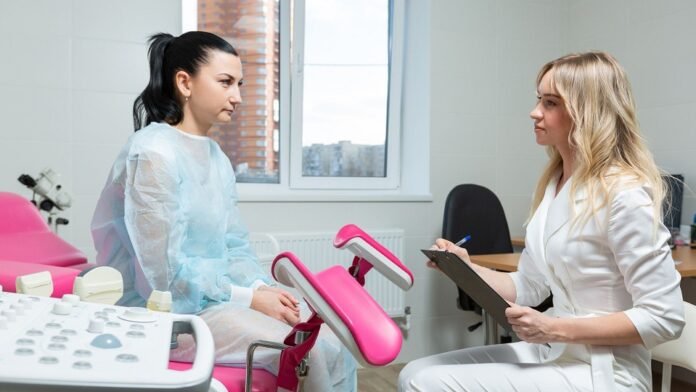Cervical cancer is one of the most preventable types of cancer, thanks to routine screenings and vaccinations. Regular cervical cancer screenings, such as Pap smears and HPV tests, can detect abnormal cell changes before they develop into cancer. But who should get screened for cervical cancer, and how often? Here’s what you need to know to stay on top of your health.
1. Importance of Cervical Cancer Screening
Cervical cancer typically develops slowly over time, and early stages often don’t present noticeable symptoms. That’s why routine screenings are essential for detecting abnormal cells that could eventually lead to cancer. The goal is to catch these changes early and treat them before they progress.
Screenings are especially important because the human papillomavirus (HPV) is the primary cause of cervical cancer. Many people may be infected with HPV without knowing it, as the virus often shows no symptoms. Regular screenings can detect HPV infections and identify abnormal cervical cells early, greatly reducing the risk of cervical cancer.
2. Who Should Get Screened?
The general guidelines for cervical cancer screening are based on age and medical history. The recommendations are as follows:
- Women aged 21-29: Women in this age group should have a Pap smear every three years. Pap smears detect changes in cervical cells that might lead to cancer.
- Women aged 30-65: At this stage, women have two options:
- A Pap smear every three years, or
- A Pap smear combined with an HPV test (called co-testing) every five years.
The HPV test screens for high-risk strains of the virus that are most likely to cause cervical cancer.
- Women over 65: Women over 65 who have had regular screenings and normal results for the past 10 years may be able to stop screening. However, those who have a history of abnormal Pap tests or other risk factors may need to continue screenings. Always consult your doctor before stopping screenings.
3. Special Considerations for Screening
While these guidelines apply to most women, certain factors may necessitate more frequent or earlier screenings. These include:
- A history of cervical cancer or precancerous lesions: Women who have been treated for cervical cancer or have had abnormal Pap smears may need more frequent screenings, even after treatment.
- Weakened immune system: Women with conditions that weaken the immune system, such as HIV or those who have undergone organ transplants, are at higher risk for cervical cancer and should have more frequent screenings.
- Exposure to diethylstilbestrol (DES): Women whose mothers took the drug DES while pregnant to prevent miscarriage have an increased risk of cervical cancer and may need additional screenings.
- HPV vaccination: Even women who have received the HPV vaccine should continue to follow the recommended screening guidelines. The vaccine protects against many, but not all, high-risk strains of HPV.
4. When to Stop Screening
In most cases, women over 65 who have had consistent normal screening results may stop routine cervical cancer screenings. However, women who have had a hysterectomy should consult their doctor to determine whether they still need screenings. If the cervix was removed during the surgery and there’s no history of cervical cancer or precancer, screenings may not be necessary.
5. Importance of the HPV Vaccine
The HPV vaccine is one of the most effective ways to prevent cervical cancer. The vaccine is recommended for both boys and girls starting as early as age 9 and through their mid-20s, though adults up to age 45 may still benefit from vaccination if they haven’t already received it. The vaccine protects against the types of HPV most commonly linked to cervical cancer, genital warts, and other cancers.
6. Taking Action: Talk to Your Doctor
It’s important to consult with your doctor about when and how often to get screened. Your doctor can help you determine a screening schedule based on your personal health history, risk factors, and overall well-being.
Remember that prevention is the best defense against cervical cancer. Routine screenings and vaccinations play a critical role in catching precancerous changes early and protecting your long-term health.
Conclusion
Cervical cancer is preventable, and regular screenings are key to early detection and treatment. Women between the ages of 21 and 65 should follow recommended screening guidelines to ensure that any abnormal cell changes are identified early. If you’re unsure about when to get screened or have unique health concerns, talking to your healthcare provider is the best step toward safeguarding your health. Staying proactive can make all the difference in preventing cervical cancer.

